From Social Science to Data Science
It is always a treat to hear from someone who is able to clearly explain complicated topics.
Dr. Bernie Hogan fits that description! Watch this interview to learn about his accessible approach to using data science in social science research. Dr. Hogan knows what he is talking about, since he developed the book and related materials for courses he’s taught at the University of Oxford’s MSc program in Social Data Science.
He wrote this book for students, practitioners, and learners with introductory-level Python skills who want to learn how to shape, clean, and analyze data, especially data from social media.
Use the code COMMUNIT24 for 25% off through December 31, 2024 when you purchase the book from Sage.
From Social Science to Data Science video library and GitHub site
From Social Science to Data Science: Key Data Collection and Analysis Skills in Python, is more than a book. With a Github repository for the complete code for the book and a YouTube channel with chapter-by-chapter explanations, this is a course within a book. Learn at your own pace with Dr. Hogan’s online resources - or share them with your students!
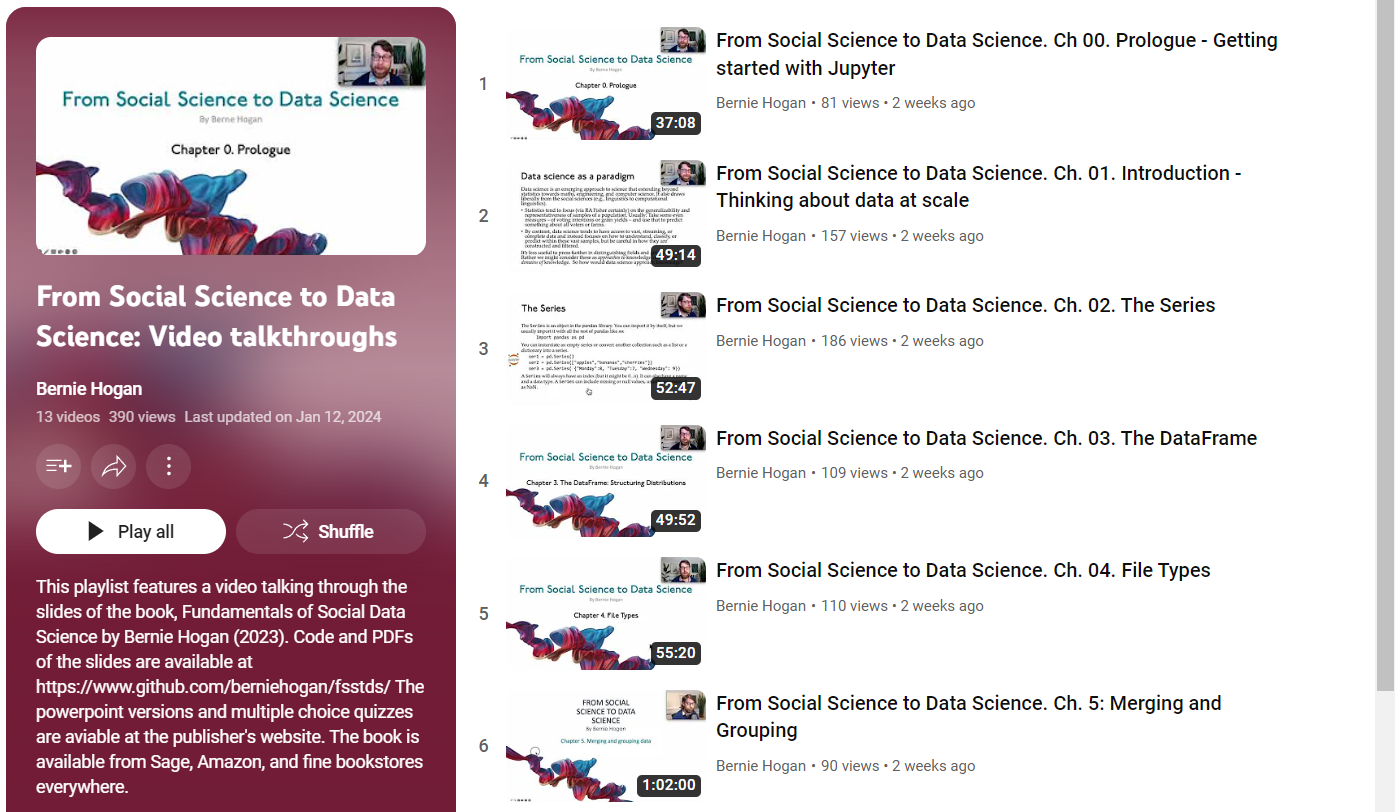
Visit Dr. Hogan’s YouTube channel for clear explanations of data science concepts and practices!

Visit Dr. Hogan’s GitHub repository.
Find the whole collection of open-access videos on YouTube. Wondering how to engage your students with video content? See 6 Ways to Teach and Learn Methods with Videos.
Find the code for all the projects in the book on GitHub. Complete exercises from the book with a full repository of the code noted in the book.
Sage Research Methods Community posts about data science
We are thrilled to announce the launch of our brand-new Data and Research Literacy collection—now live on the Sage Research Methods platform
This blog is the seventh, and penultimate post, in a follow-on to our 2021 “The future of computational social science is Black” series, about a Summer Institute in Computational Social Science organized by Howard University and Mathematica. It continues to bring the power of computational social science to the issues of systemic racism and inequality in America. This marks the third iteration of the successful SICSS model being hosted by a Historically Black College or University.
This blog post is the sixth of eight in a follow-on to our 2021 “The future of computational social science is Black” series, about a Summer Institute in Computational Social Science organized by Howard University and Mathematica. It continues to bring the power of computational social science to the issues of systemic racism and inequality in America. This marks the third iteration of the successful SICSS model being hosted by a Historically Black College or University.
Latanya Sweeney, scholar of technology science, Daniel Paul Professor of the Practice of Government and Technology at the Harvard Kennedy School and in the Harvard Faculty of Arts and Sciences, and director and founder of the Public Interest Tech Lab, delivered the keynote address for SICSS-Howard/Mathematica 2023.
This blog post is the fifth of eight in a follow-on to our 2021 “The future of computational social science is Black” series, about a Summer Institute in Computational Social Science organized by Howard University and Mathematica. It continues to bring the power of computational social science to the issues of systemic racism and inequality in America. This marks the third iteration of the successful SICSS model being hosted by a Historically Black College or University.
This blog post is the fourth of eight in a follow-on to our 2021 “The future of computational social science is Black” series, about a Summer Institute in Computational Social Science organized by Howard University and Mathematica. It continues to bring the power of computational social science to the issues of systemic racism and inequality in America. This marks the third iteration of the successful SICSS model being hosted by a Historically Black College or University.
This blog post is the third of eight in a follow-on to our 2021 “The future of computational social science is Black” series, about a Summer Institute in Computational Social Science organized by Howard University and Mathematica. It continues to bring the power of computational social science to the issues of systemic racism and inequality in America. This marks the third iteration of the successful SICSS model being hosted by a Historically Black College or University.
This blog post is the second of eight in a follow-on to our 2021 “The future of computational social science is Black” series, about a Summer Institute in Computational Social Science organized by Howard University and Mathematica. It continues to bring the power of computational social science to the issues of systemic racism and inequality in America. This marks the third iteration of the successful SICSS model being hosted by a Historically Black College or University.
This blog post is the first of eight in a follow-on to our “The future of computational social science is Black” series, about a Summer Institute in Computational Social Science organized by Howard University and Mathematica. It continues to bring the power of computational social science to the issues of systemic racism and inequality in America. This marks the third iteration of the successful SICSS model being hosted by a Historically Black College or University.
How can you use data science in social science research? Find an interview with the Oxford Internet Institute’s Dr. Bernie Hogan and lots of useful resources in this post.
Want to learn more about research with datasets? This curated collection of open-access articles can help you understand defining characteristics, and develop data literacy skills needed to work with large datasets and machine learning tools for managing Big Data sources.
The opening plenary of SICSS-Howard/Mathematica 2022 featured a fireside chat with Dr. Anthony K. Wutoh, the Provost of Howard University, and Dr. Amy Yeboah Quarkume, an Associate Professor of Africana Studies, to kick off the event.
The first Summer Institute in Computational Social Science held at a Historically Black College or University, returns to Howard University for its two-day pre-institute, Praxis to Power for graduate students, postdoctoral researchers, and beginning faculty who needed more time to practice computational methods.
In this Methodspace interview Dr. Joel Thurston and Dr. Cesar Montalvo tell us about how data science can be used for social good, and how their program for young scholars is cultivating a next generation of data scientists.
Download the free report from the project, “Fostering Data Literacy: Teaching with Quantitative Data in the Social Sciences.” This report explores two key challenges to teaching with data: helping students overcome anxieties about math and synchronizing the interconnected methodological, software, and analytic competencies.
Summer Institute in Computational Social Science site sponsored by Howard University and Mathematica (SICSS-Howard/Mathematica) awards individuals and teams for the inaugural Excellence in Computational Social Science Research Fund as a unique and exclusive benefit offered to alumni of the site.
A SICSS-Howard Mathematica 2021 participant shares how he reconnected with others in a meaningful way and grew personally during his virtual SICSS experience.
Paul Decker PhD, president and chief executive officer of Mathematica and nationally recognized expert on policy research, delivered the closing plenary address on Friday, June 25th at SICSS-Howard/Mathematica 2021.
Timnit Gebru, co-founder of Black in AI, advocate for diversity in the field of technology, and Fortune’s Top 50 Leaders in the World in 2021 delivered the keynote address for SICSS-Howard/Mathematica 2021.
The first Summer Institute in Computational Social Science hosted at a Historically Black College or University featured a panel of guest speakers who inspired participants with their research and professional trajectory. Lecture topics include re-entry into the job force for incarcerated people, financial statuses of small businesses in relation to the COVID-19 pandemic, social identities and systems of power, and discriminatory bias within technology.
SICSS-Howard/Mathematica participants had the benefit of novel Bite-Sized Lunchtime Talks during the inaugural SICSS at a Historically Black College or University. The purpose of this SICSS-H/M specific site innovation was to introduce participants to people and organizations doing impactful and complementary work with data.
Wayne A.I. Frederick, seventeenth president of Howard University, delivered the opening plenary address on Sunday, June 13th at the end of SICSS-Howard/Mathematica 2021’s pre-institute, Praxis to Power.
This blog post is the first of nine in a series called “The future of computational social science is Black” about SICSS-Howard/Mathematica 2021, the first Summer Institute in Computational Social Science held at a Historically Black College or University. As you go through this package of blogs you will experience the journey we took in 2021.
A new Summer Institute in Computational Social Science organized by Howard University and Mathematica promises to bring the power of computational social science to the issues of systemic racism and inequality in America. This marks the first time the successful SICSS model is being hosted by a Historically Black College or University.
When reading a visualization, is what we see really what we get? There are a lot of ways that visualizations can mislead us, such that they appear to show us something interesting that disappears on closer inspection. Such visualization mirages can lead us to see patterns or draw conclusions that don’t exist in our data. We analyze these quarrelsome entities and provide a testing strategy for dispelling them.
As a D-Lab and Data Science Education Program Fellow at the University of California, Berkeley in Spring 2020, I helped to ensure and enhance the quality of more than 40 Data Science Discovery Projects, working with community partners and undergraduate research assistants. The goal of these projects was to connect undergraduates with community impact groups, entrepreneurship ventures, and educational initiatives across UC Berkeley and provide them with hands-on and team-based research opportunities outside the classroom.
This blog by Sam Gilbert explains how internet search data is being used in responses to the Covid-19 pandemic, and what search datasets and tools are available to researchers.
If we were to do a text mining exercise on all the incredible discussions at last week’s conference 100+ Brilliant Women in AI & Ethics, education would beat all other topics by a mile. We talked about educating kids, we had teenagers share their thoughts on AI in poems and essays, and exchanged views on the nuances of teaching ethics in computing and working with large volumes of social data both for computer scientists and experts from other disciplines.

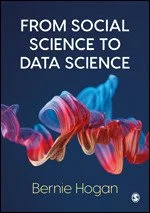

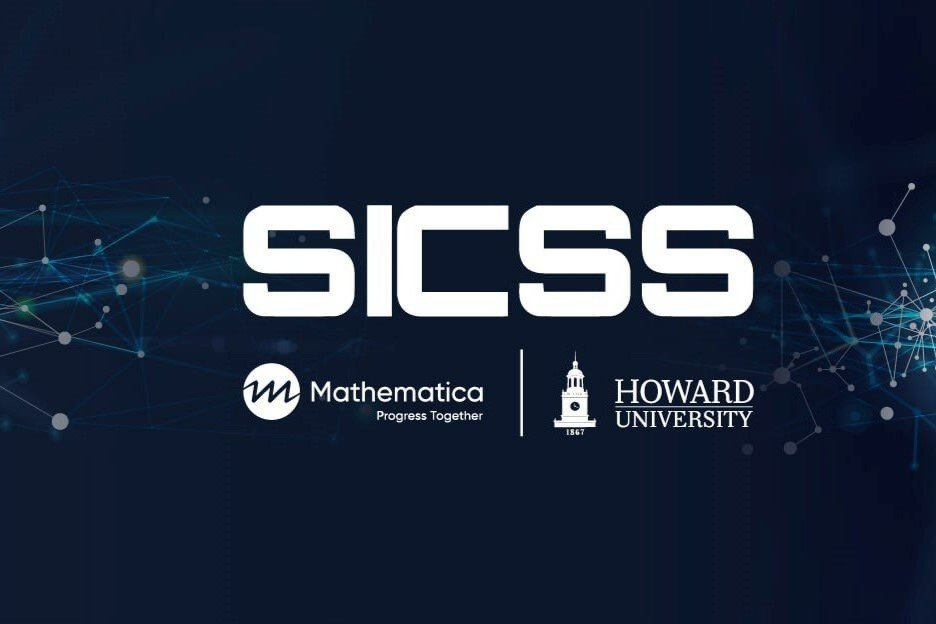



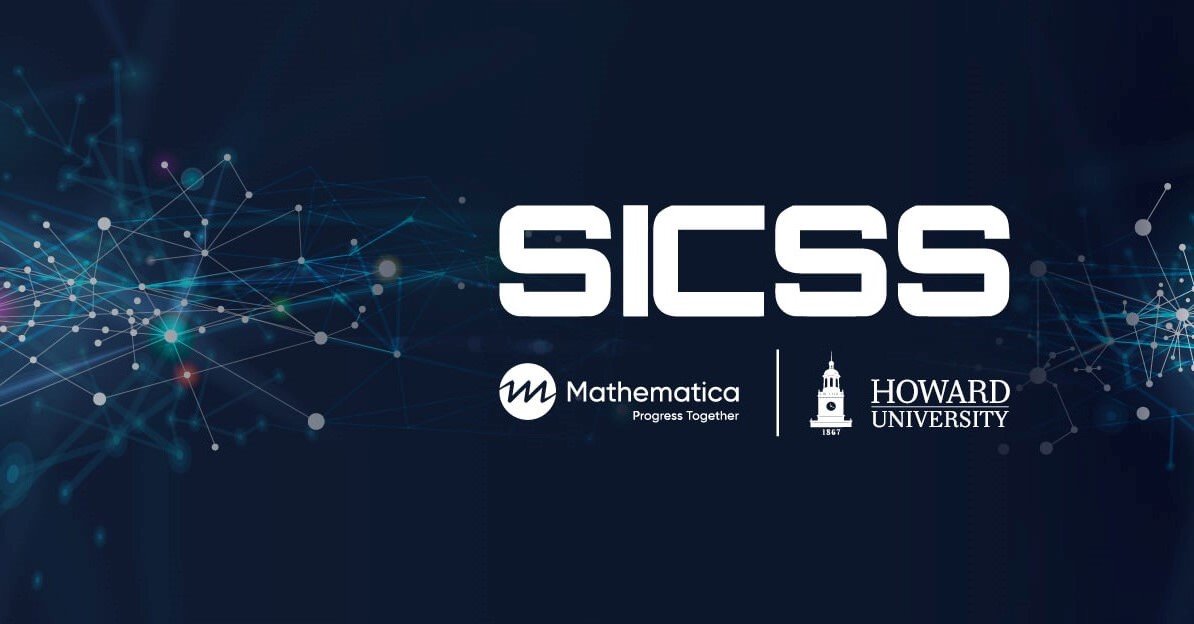
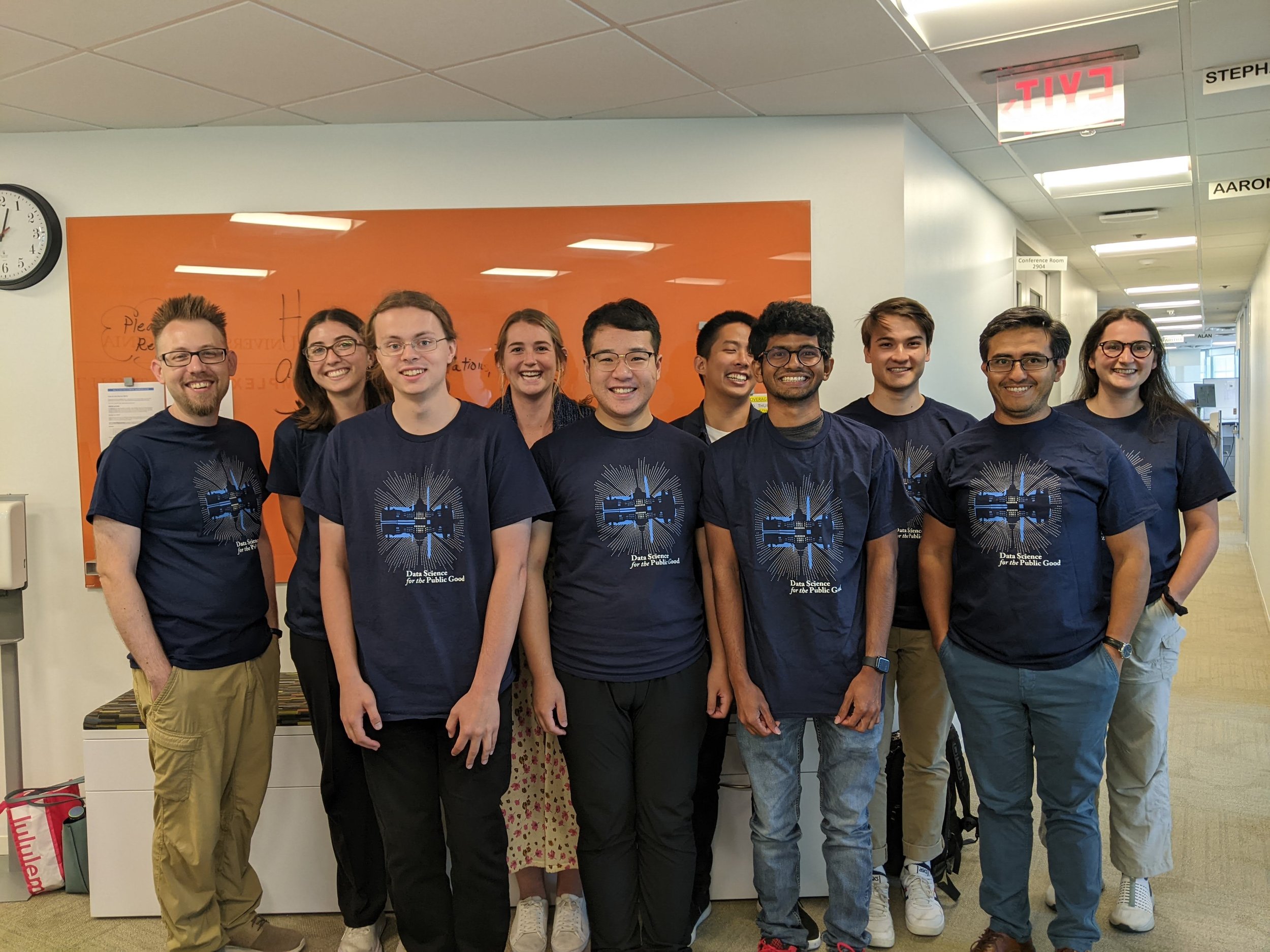



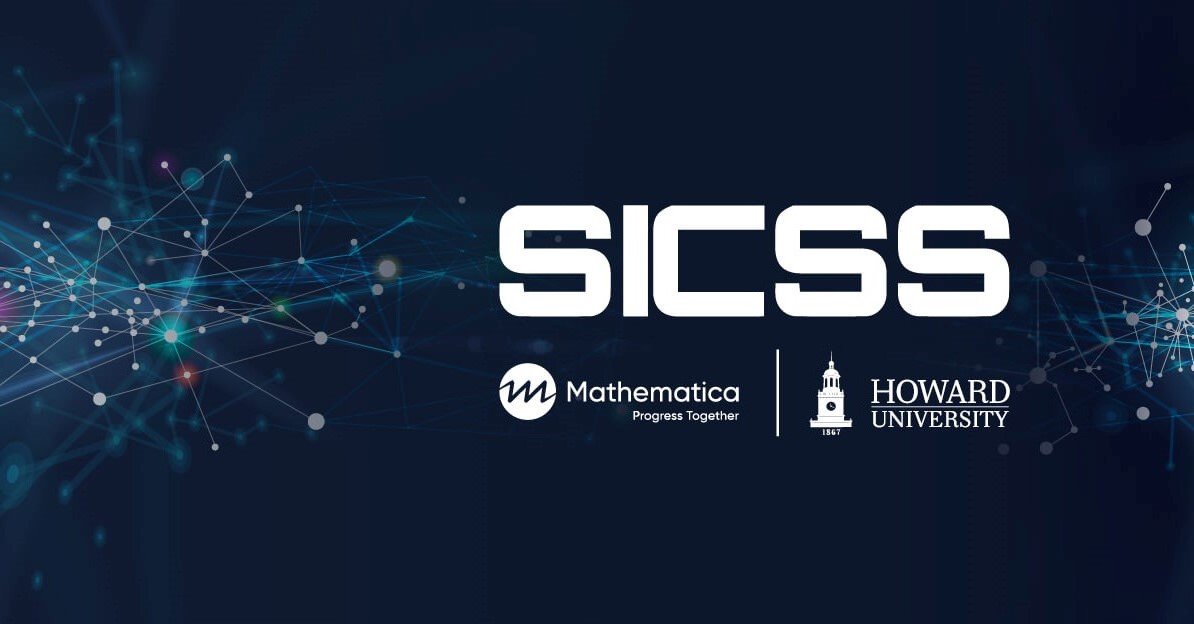








This blog post is the eighth, and final, post in a follow-on to our 2021 “The future of computational social science is Black” series, about a Summer Institute in Computational Social Science organized by Howard University and Mathematica. It continues to bring the power of computational social science to the issues of systemic racism and inequality in America. This marks the third iteration of the successful SICSS model being hosted by a Historically Black College or University.